The Norwegian Committee has awarded the award to the Congolese gynecologist and the activist 'Yazidí' for its fight against sexual violence.
Denis Mukwege, a gynecologist who treats women raped in the Democratic Republic of the Congo (DRC) and iraqi activist of Yazidian origin Nadia Murad, a 25-year-old, slave of the Islamic State's jihad group, has been awarded the Nobel Peace Prize 2018. Both, in addition, were winners of the Sakharov Prize awarded by the European Parliament. The Norwegian Committee has awarded the award for the work of both in the fight against sexual violence.
"Nadia Murad is the testimony that speaks of the sexual abuse that she has suffered herself and other women. She has shown an extraordinary value when it comes to telling her own suffering and speaking on behalf of other victims," says the Committee.
Murad lived with her mother and their 12 brothers in the village of Kojo, in northern Iraq when, in 2014, the soldiers of the Islamic State (ISIS) arrived. She was kidnapped and sold as a sex slave. The young girl managed to escape, ended up in a refugee camp in Iraq and then moved to Germany.
Doctor Denis Mukwege, 63, has spent much of his life helping victims of sexual violence in the Democratic Republic of the Congo. In 1999 he founded the hospital of Panzi, in the city of Bukavu, in the east of the country.
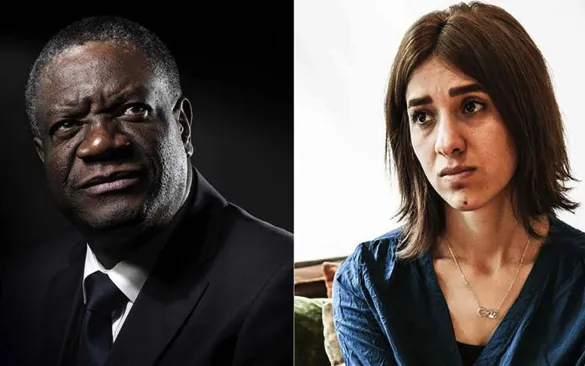


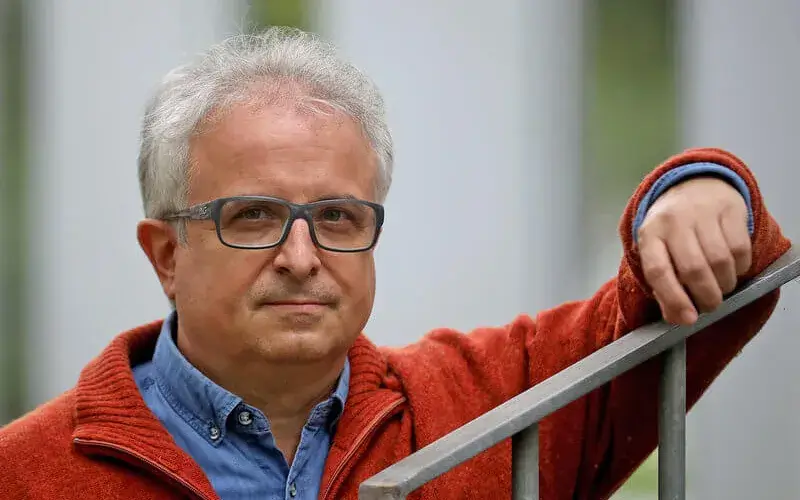
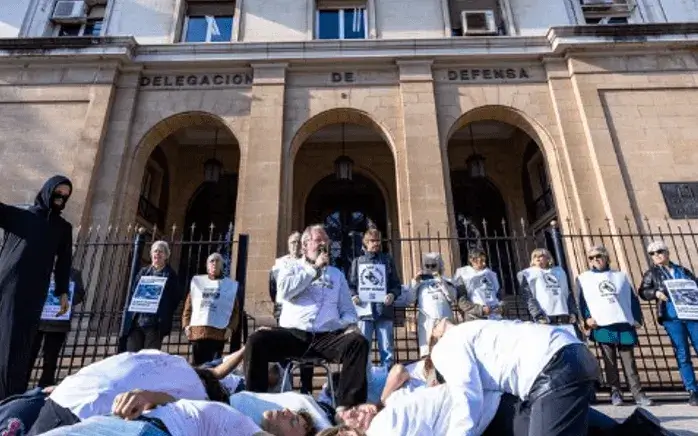
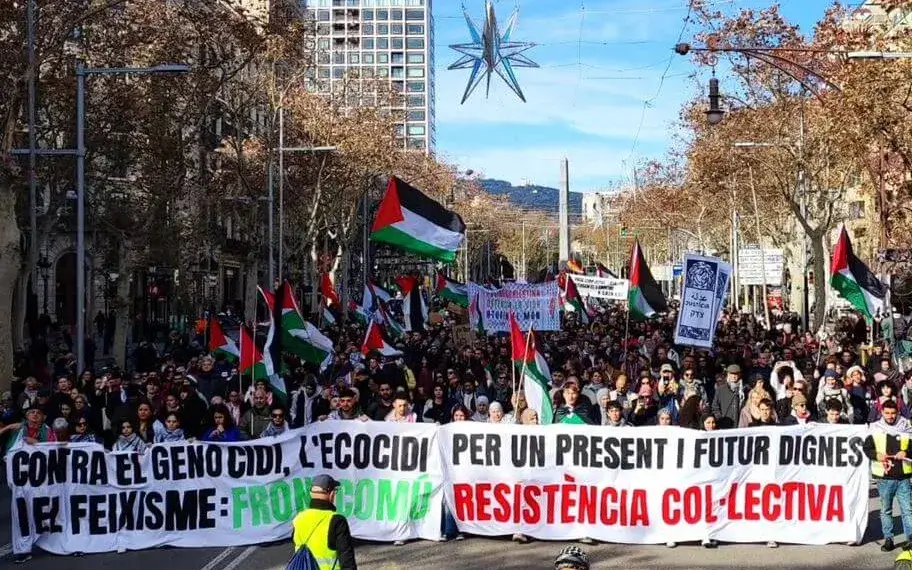
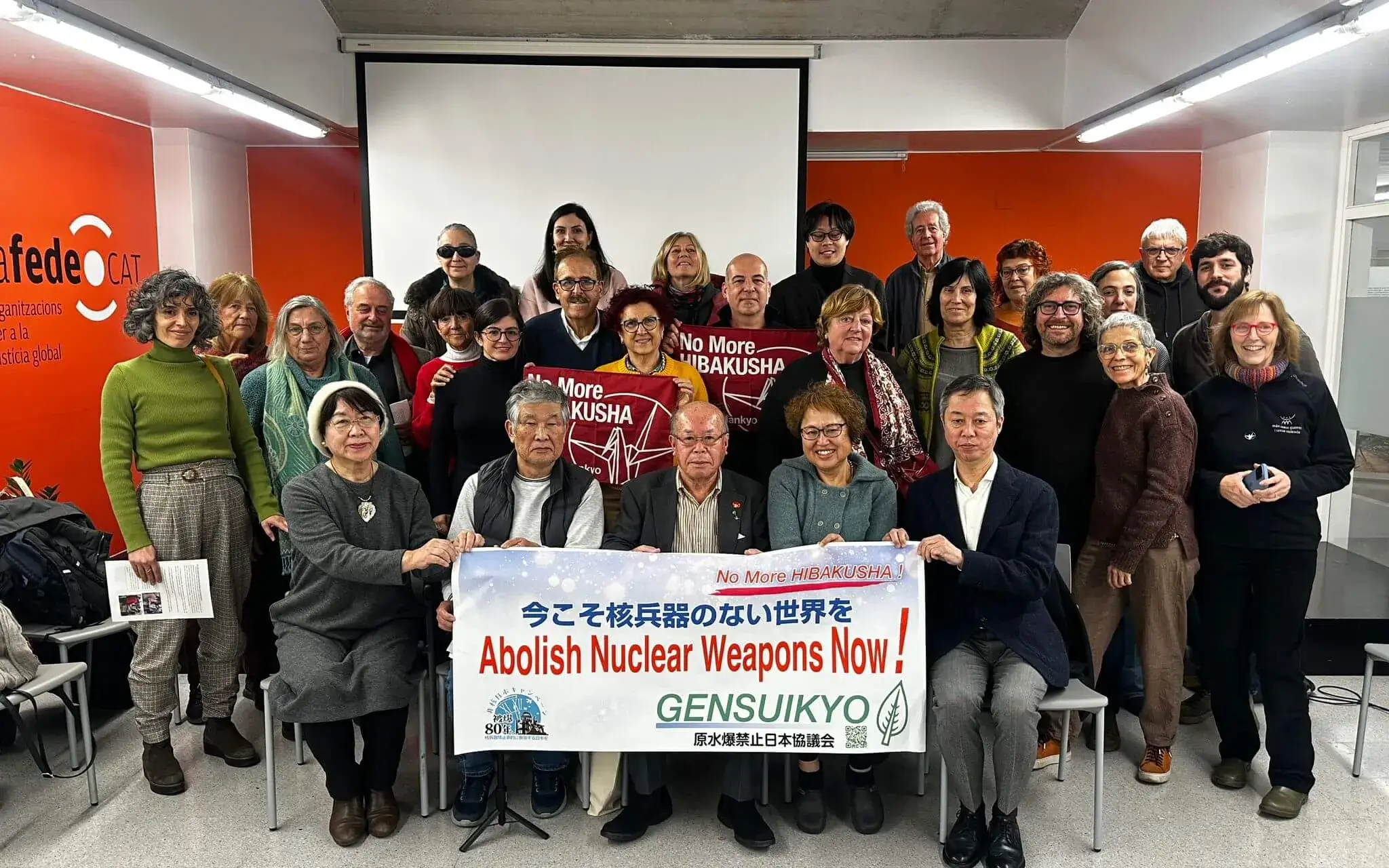
Add new comment